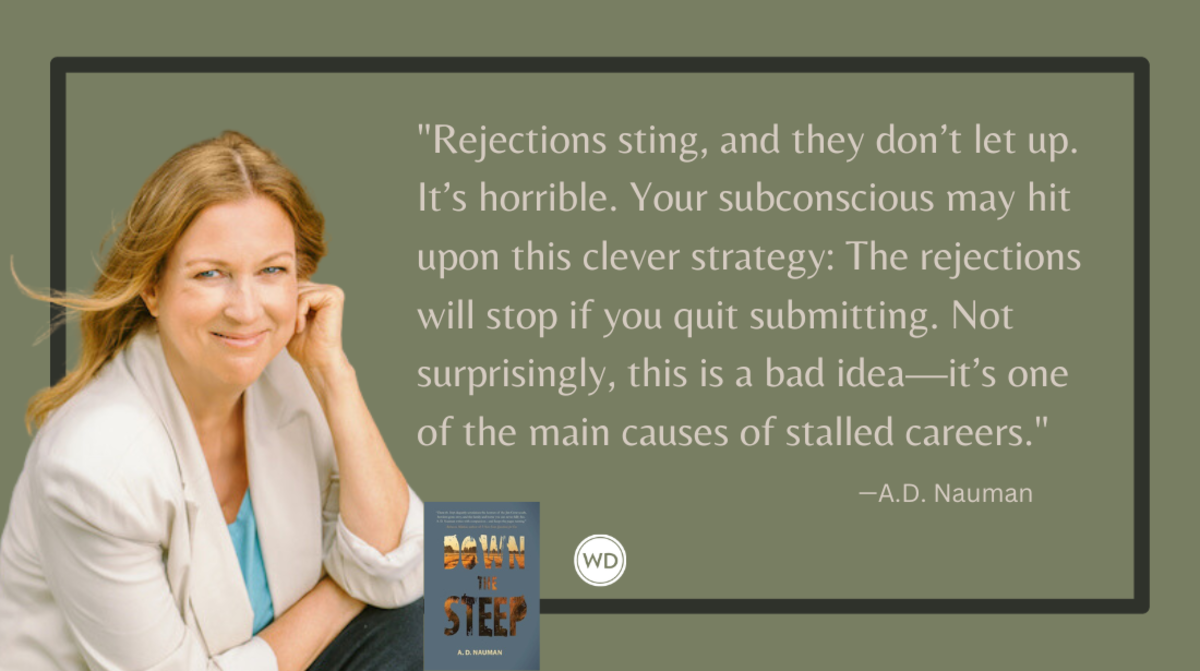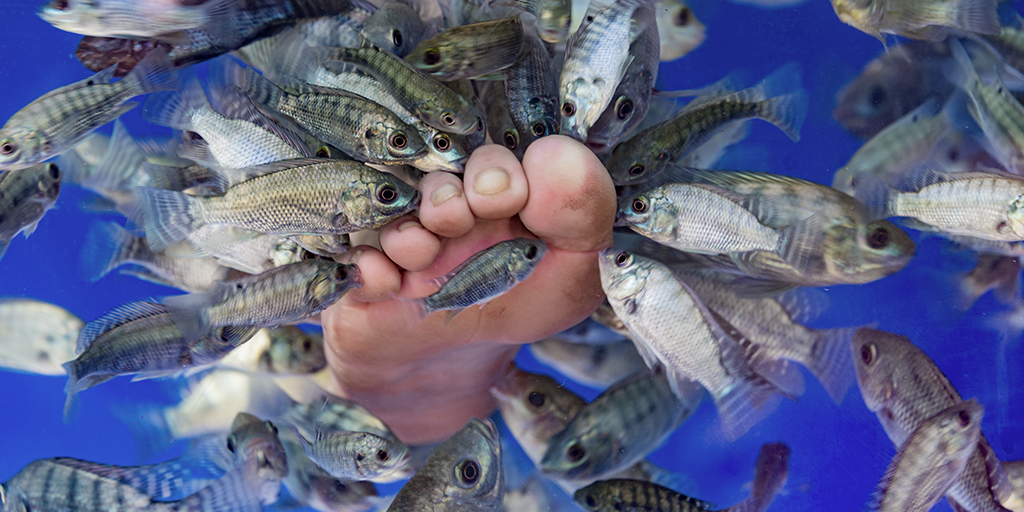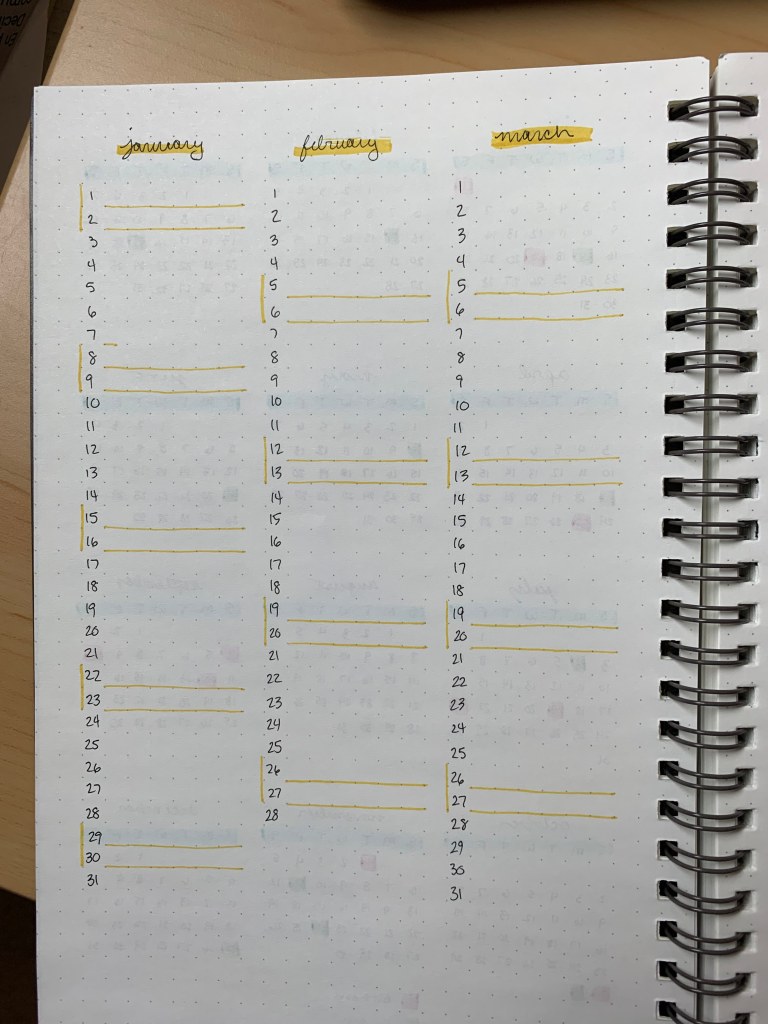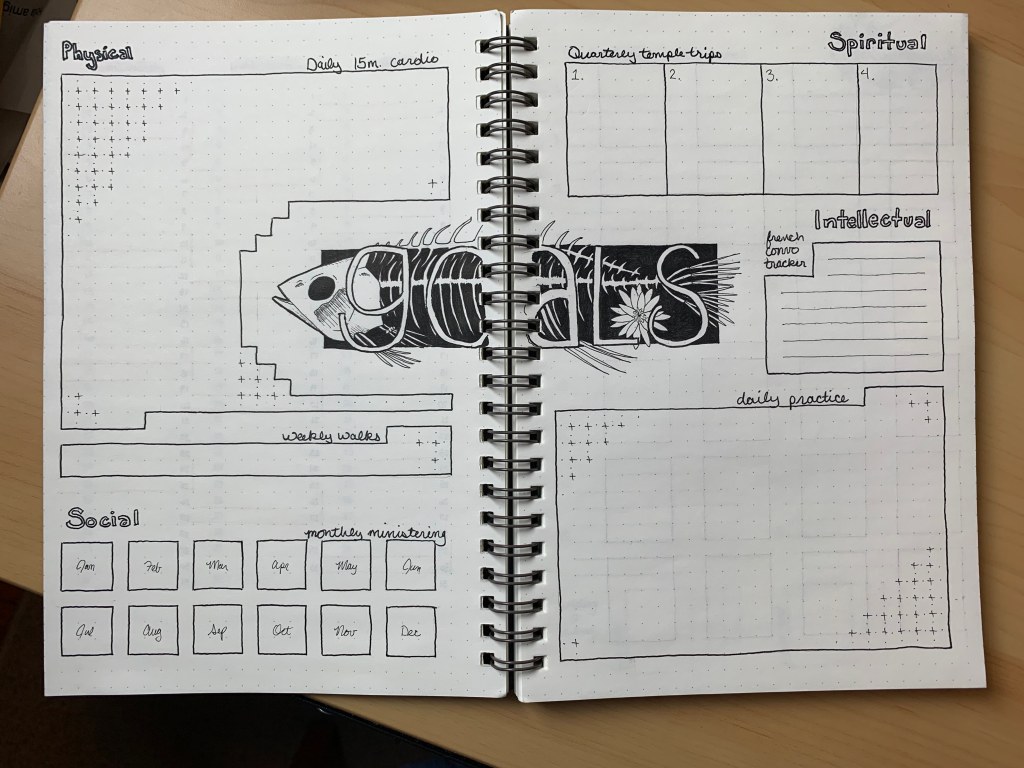One of the classes I signed up for this fall is about teaching health and wellness within the K-8 curriculum. As part of the course, we were assigned to come up with some manner of wellness goal (physical, mental, spiritual, whatevs) and track our progress throughout the course, with a weekly check-in at the start of each class meeting. Since this fall has been all about picking up the pieces of my life after our nightmare summer, this fit in pretty well with what I needed to make happen anyway and so I settled onto a mental health goal of 20 minutes with my happy light, 20 minutes of scripture study, and 30 consecutive minutes of outdoor time each day.
I tend to be 1000% on board for whatever I’m hyped up about in the moment, only to go on to ignore absolutely everything else in my life while I’m doggedly pursuing that one goal. It can be a good thing to have such single-minded determination, but it can also be a really, really bad thing, too. I’m not very good at being well balanced, with my pendulum swinging from one extreme (I’m going to go from submitting zero queries for years to twenty in months!) to another (I’m going to run a marathon!) to another (I’m going to get a master’s degree!), often without actually finishing the first thing I set out to do. But then earlier this summer, when my world was blowing up in slow motion all around me, I got the feet knocked out from under me and the board was more or less wiped of all things beyond bare survival (at least physical and academic survival).
Survival mode is fine for a little while, but it gets pretty taxing pretty quickly. So for today, I wanted to chat a bit about why that balance is so important, particularly when it comes to creativity. And for that conversation, I want to focus on just four specific ways that we (read: I) can get better at finding that balance between needs as a human and as a writer.
Practice Basic Self-Care Humans must eat on occasion. Stay warm generally. Maybe clean themselves once in a while. We’re not talking red-garra-pedicures-and-gold-crusted-bath-bombs levels of self-care here. Just give your body good food on a regular basis. If you’re like me, maybe make sure you’re getting enough sunlight/Vitamin D. Stay hydrated! Taking care of your body frees your brain from thinking about its basic survival so that it can tackle more complex issues, like whether or not your MC is going to get up the guts to ask that guy out she likes so much. You’re not going to put your best work into your stories if your brain and body are worried about staying not dead. And once you’ve got that figured out, maybe then you can start thinking about the bath bombs, too.
Get Sleep I know this is a part of basic self-care, but it is so important that it gets its own paragraph. One time I was writing a story wherein a girl was basically cursed and unable to sleep. Researching what happens to a human who cannot sleep was scary. In short, you go crazy and then you die. Fun stuff. Now, you’re probably not getting no sleep, but maybe you’re getting a little less than you’re supposed to. Maybe you’re trying to make up the difference with caffeine or some other stimulant. Maybe you’ve been doing that for a while. Maybe that’s working for you. But you know what works better? Getting an actual good night’s sleep so that your brain can actually do its job right. If you’re not getting enough sleep, no amount of caffeine is going to process memories, build neural pathways, restore energy, remove toxins, process complex problems from the day, and stave off disease, cognitive decline, and dementia. Go to sleep.
Use Social Media Mindfully I’m not going to tell you that you should stay off of social media entirely (although you absolutely could and I would applaud you). But just be aware of how much time and energy you put into it. Be aware of how it makes you feel—do you come out of a social session feeling exhausted or energized? Happy or unhappy? Do you feel like it was a good use of your time? If it’s not serving you well, cut back. If it’s not serving you at all, find another outlet that does. I have wasted many unhappy hours scrolling to infinity through threads about how quickly others found their agents, what some politician in Australia did, how other authors just loved (in past tense, of course) the querying process, and how writers’ beautiful stories just flowed out of their fingers like magic (and how French baristas feel about oat milk). I could have spent that time querying or writing my own stories (or making my own fabulous oat milk drinks, for that matter, thank you very much). But instead, I blew it on the internet with nothing to show for it other than a fog of depression and guilt. Again, I’m not saying you should quit social media—especially if you love it. Just make sure it’s doing what you need it to do for you.
Make Time for Loved Ones You have loved ones! I know you do! Think about the people who fill your cup. The ones that make you smile when you tell people about them. The ones you love to brag about. Make time for these people (or animals, I guess). It can be really easy to tell these people that you can’t right now because you need to work on this one thing. After all, you know they’re going to love you anyway! But I find that replenishing my spirit with these favorite people usually makes me a much better worker at the keyboard than if I had spent all that time plugging away instead of taking a break to read with my kids and kiss them goodnight. Maybe it’s movie night with a partner, or pal parties just because, or a daily walk with that adoring pupper, but whatever it is, prioritize it. Don’t turn into a cave troll. You’ll feel better if you consistently say yes to these loved ones than if you consistently don’t, and that will free up a lot of mental space for your writing (because positive synergy and good vibes!).
The class I originally came up with my mental health goals for, a single-credit mini-course of only five weeks, ended a couple weeks ago and, during the last meeting, we had the opportunity to look at our overall progress toward our wellness goals and to think about whether we wanted to continue with them going forward or let them die along with the class. I did well, but not perfectly, and I think it would be good for me to keep going with the goals as we round out the fall and head into winter, although I did knock the 30 minutes of outdoors time back to 20 minutes (which I’m extra sure of now that the snow has started flying). And I’m squinting extra hard to make sure I’m being a good girl on the five aspects of wellness listed above. Hopefully the worst of the disasters are behind me, at least for a little while, and I can strike a new balance.
So until next week, happy writing!













